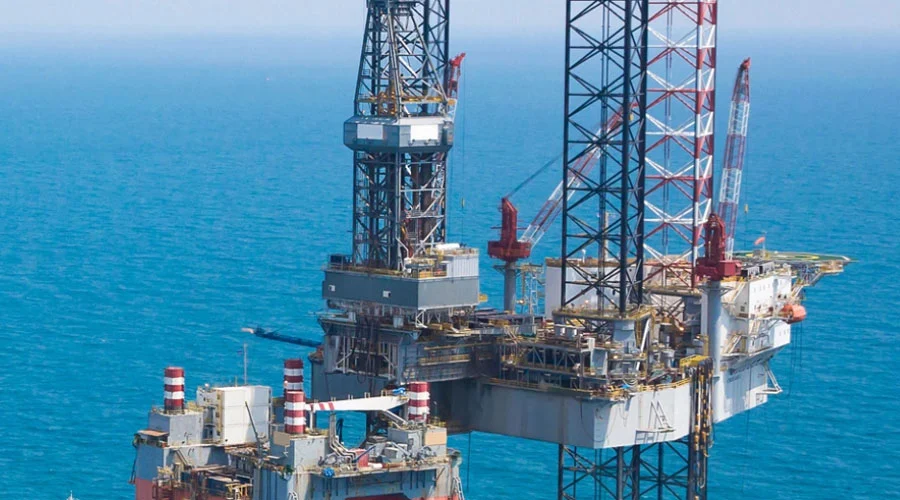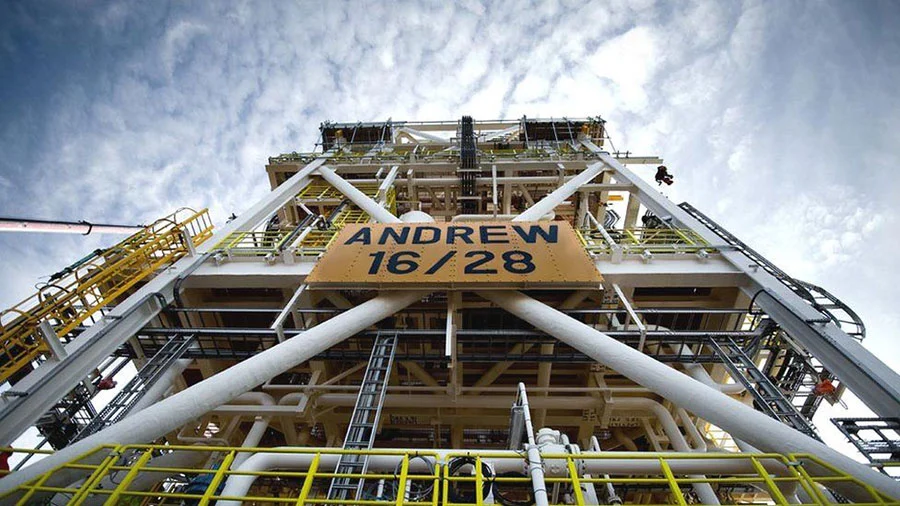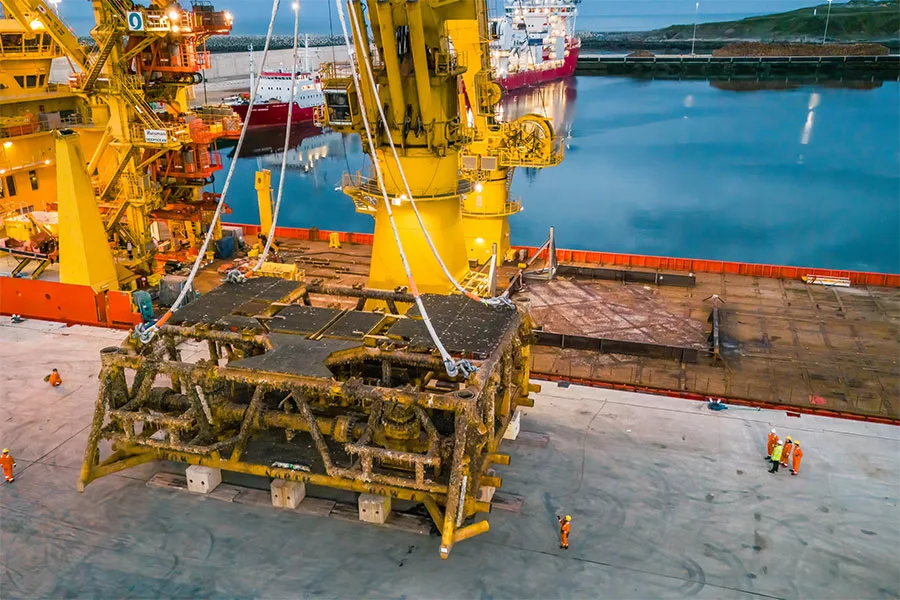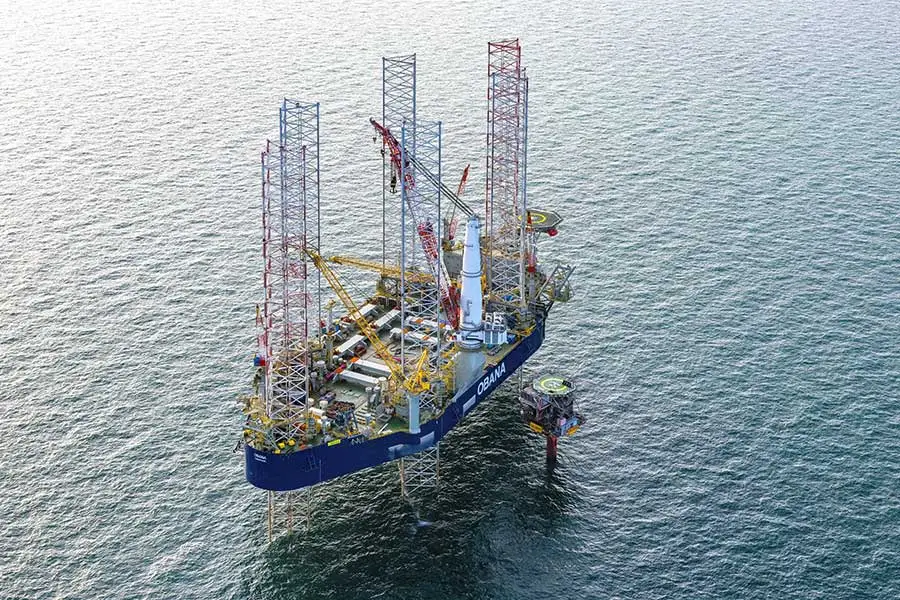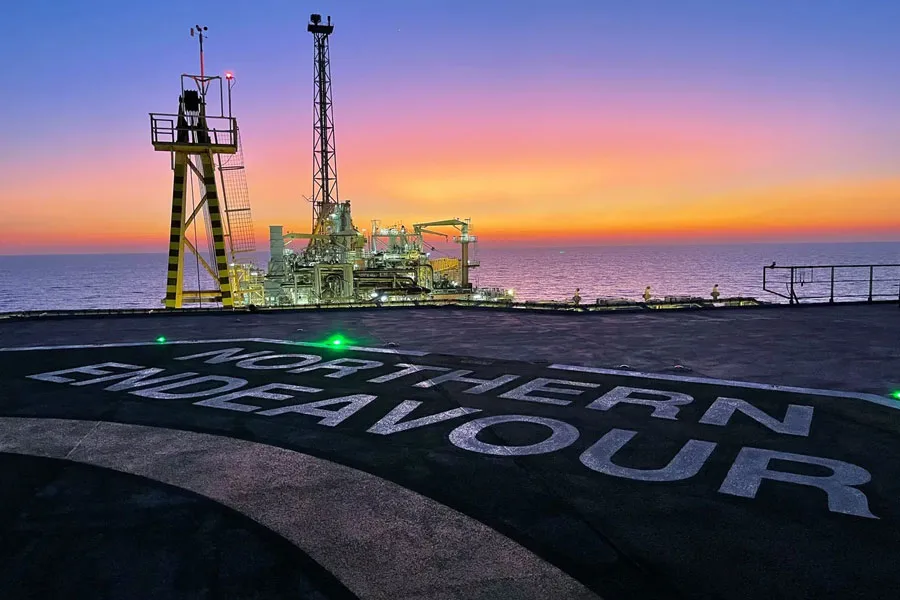The Department of Industry, Science and Resources (DISR) has published a consultation paper titled ‘Offshore decommissioning and financial assurances reforms‘ dated 19 November 2025 (Consultation Paper). The Consultation Paper invites feedback on proposed reforms to regulatory frameworks governing financial assurance for decommissioning for the offshore oil and gas sector, as well as carbon capture and storage (CCS) activities.
Submission for responses to the Consultation Paper are now open and will close on 13 January 2026.
Key takeaways
Overall, many of the points that are identified for consultation do not come as a surprise. Financial assurance for decommissioning has been on the Government’s agenda for some time, albeit not a reform that has been advanced with any cogency. The Consultation Paper can be seen as an extension of the previous reform process which led to the Offshore Petroleum and Greenhouse Gas Storage Amendment (Titles Administration and Other Measures) Act 2021 (Cth) (2021 Amending Act).
The 2021 Amending Act introduced checks and balances to strengthen obligations to decommission, including enhanced measures relating to titleholder suitability and trailing liability and was a reform aimed at avoiding a repeat of the Northern Endeavour decommissioning, where insolvency of the last titleholder meant that the responsibility to remove the production facilities and restore the site fell to the Commonwealth.[1] Financial assurance in this context essentially involves demonstrating to the Government that the titleholders will have available financial resources to discharge these end of life responsibilities when the income earning phase of the project has concluded.
Readers will be aware that governance of resource projects has adopted contractual mechanisms that have the same objective. As financial assurance could have significant impacts on titleholders, it is a policy initiative that will be of considerable interest to industry.
The key takeaways from the Consultation Paper include:
- The offshore decommissioning regime requires modification to ensure safe and efficient decommissioning, and associated risks and liabilities remain the responsibility of industry.
- In developing further reform, the Government will aim to deliver a proportionate and balanced approach and only introduce new regulation where absolutely necessary.
With the attention on Australia’s increasingly complex regulatory environment and associated consequences for productivity, the Consultation Paper recognises the concern that any financial assurance framework does not have the effect of dampening investment in the industry. The recent changes proposed to the offshore wind regime aimed at minimising costs to industry, including through temporarily reducing security requirements, demonstrate that an equivalent security regime could also result in significant investment hurdles in the oil and gas industry.[2] - More detailed requirements for early decommissioning planning, by introducing a separate decommissioning plan, supported by industry-standard cost estimates.
- Provision of access to financial information to enable regulators to implement comprehensive risk-based assessments of financial risk both on a titleholder and project basis, to identify vulnerabilities and higher-risk titleholders. This includes visibility over commercial arrangements between projects and joint ventures, many of whom will already have comprehensive measures and securities in place aimed at assuring the payment of the decommissioning costs by all titleholders (in their shares). We expect that the interaction of the financial assurance measures with existing commercial arrangements and the risk of creating duplicative obligations as between government and private parties, will be a close area of focus for industry.
- The need for additional compliance and enforcement measures to empower regulators with specific tools for titleholders and / or projects that represent higher financial capacity risks, and potentially including personal accountability for directors and senior executives.
Offshore decommissioning in Australia
The current cost
The Australian Government’s most recent assessment estimates that decommissioning offshore oil and gas infrastructure will cost approximately A$43.6 billion, with an inflation-adjusted figure estimated to reach A$66.8 billion by 2063.[3] In preparation for this industry shift, the Commonwealth Government released the ‘Australia’s Offshore Resources Decommissioning Roadmap’ in late 2024 (Roadmap) which outlines the Government’s plan to build a globally competitive decommissioning industry. Reforms to decommissioning and financial assurance regimes address one of the five key areas of opportunity identified within the Roadmap – to ensure that regulatory frameworks protect the environment and attract investment opportunities. The Roadmap can be accessed here.
The need for reform
The current offshore decommissioning framework is largely governed by the Offshore Petroleum and Greenhouse Gas Storage Act 2006 (Cth) (OPGGSA), which has previously undergone a series of amendments geared towards ensuring that titleholders fulfil their decommissioning obligations (including the strengthening of trailing liability provisions and increased scrutiny of titleholders’ suitability to fulfill title related obligations).
However, the Consultation Paper outlines four concerns that the Government has with the current framework:
- financial incentives for titleholders to delay decommissioning are driving increased risk to safety and costs;
- decommissioning costs are frequently underestimated by titleholders due to a lack of transparency over and high complexity of decommissioning obligations;
- the absence of mandatory decommissioning plans limits the Government’s oversight, increases risk to cost and schedule through titleholders’ insufficient resource allocation and undermines confidence that industry can meet its obligations; and
- regulators have limited opportunities to engage with and iteratively intervene in titleholders’ decommissioning plans, increasing the risk of more drastic late-stage regulatory intervention (such as decommissioning on behalf of titleholders and imposing industry levies).
Proposed areas for discussion
The Consultation Paper proposes:
- Consideration of financial assurance mechanisms from other jurisdictions (including various Australian states’ onshore decommissioning frameworks, and offshore decommissioning frameworks from international jurisdictions such as Brazil, New Zealand, Canada, the UK and the US) noting that decommissioning regimes around the world continue to adapt in response to emerging risk.The themes indicate that DISR is interested in whether a risk-based financial assurance regime could be appropriate (currently used in a domestic onshore context and the UK), where high-risk sites are subject to more stringent controls and low-risk operations enjoy the benefit of streamlined processes.
- New mandatory decommissioning plan obligations under the OPGGSA for titleholders to submit and update decommissioning plans supported by decommissioning cost estimate standards or requirements, to:
- encourage early planning and ensure that costs are factored into the project lifecycle;
- standardise the estimating of costs;
- clarify how re-purposing of assets should be accounted for in decommissioning planning and when re-purposing proposals should be assessed; and
- improve visibility of decommissioning activities to allow collaboration across projects and better economies of scale.
- New requirements to submit specific financial information at a project level to allow the Government to understand how obligations will be met, including financial details for the project and financial arrangements between joint venture parties (such as bank guarantees, letters of credit, and insurance, trust or deed arrangements).
- More frequent and comprehensive risk-based assessments of titleholders and projects which may require more information from titleholders on the financial strength of the project, future obligations, diversity of decommissioning funding sources and corporate structure. The intent being to identify vulnerabilities early and support targeted regulatory responses for higher-risk titleholders.
- New compliance and enforcement tools for higher-risk titleholders including enhanced inspection powers, the ability for regulators to direct titleholders to provide specific financial assurance, and personal accountability for directors and senior executives in cases of deliberate or negligent non-compliance.
- Mitigants to apply post-title surrender where issues arise in relation to previous decommissioning and surrendered titles (such as from well seepage, structural integrity issues or unexpected environmental impacts) where there is no entity that can be issued a remedial direction for the purposes of trailing liability or the direction is unlikely to be capable of enforcement.
The Consultation Paper also invites suggestions on the applicability of the proposed reforms in the CCS context.
Next steps
We encourage industry to take this opportunity to review the current decommissioning practices and frameworks and provide comment before 13 January 2026.
DISR will conduct further public consultation informed by the responses to the Consultation Paper.
The Consultation Paper can be found here.
If you would like to discuss the implications of the consultation, or if we can assist with a submission, please contact Jane Ballard, Stuart Barrymore or Gillian Mahony.
“Join the companies that smart energy professionals follow – because when you’re featured on OGV, the industry pays attention.”


